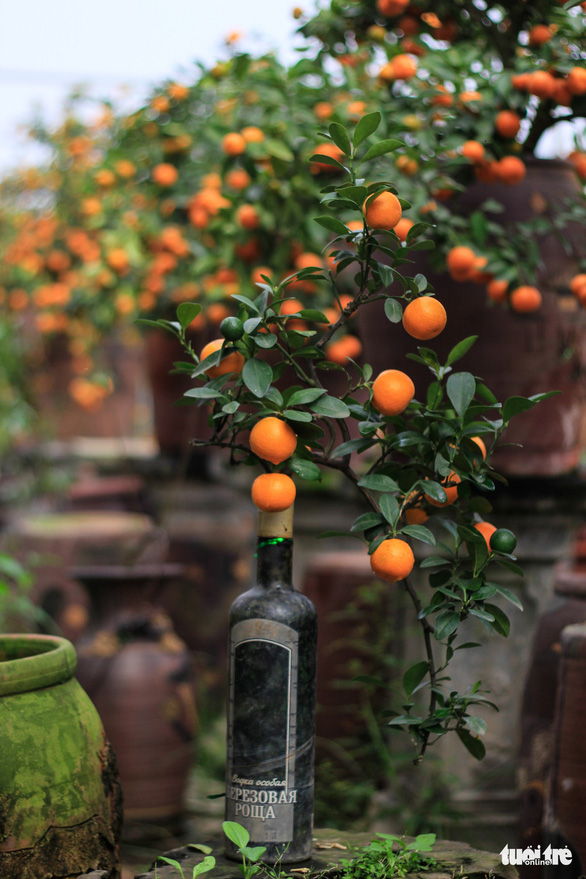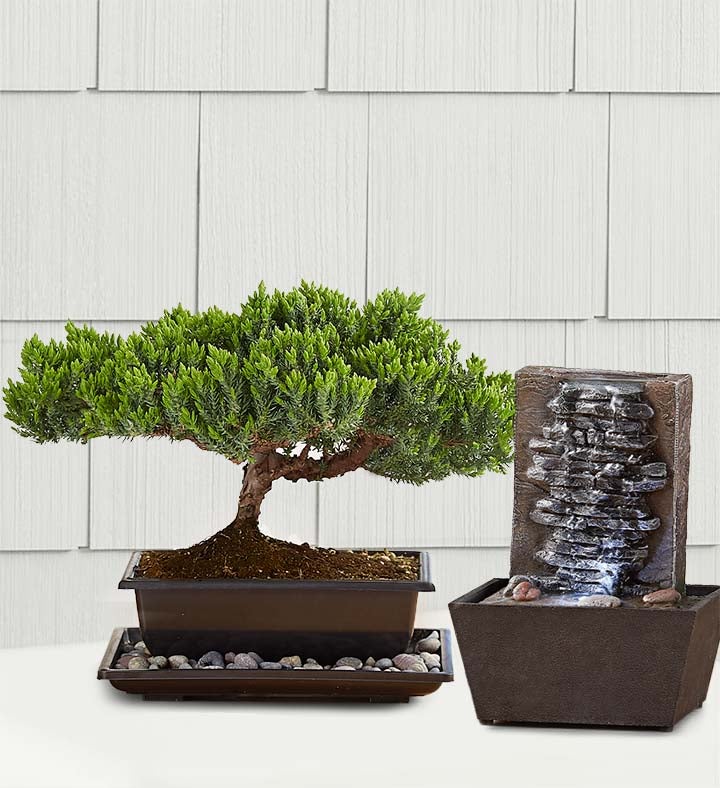How to grow your own cannabis bonsai tree
Table of Contents
Table of Contents
Cannabis bonsai trees are a unique and captivating way to cultivate and enjoy marijuana. These tiny trees are not only beautiful, but they also offer many benefits to growers, including ease of care, space-saving capabilities, and customizable growth. Whether you are a seasoned cannabis cultivator or a newcomer looking to try something new, cannabis bonsai trees are a must-try.
The Pain Points of Cannabis Bonsai Trees
Cultivating cannabis bonsai trees can be a challenge for novice growers. These tiny trees require precise care and attention, including regular pruning, watering, and fertilization. Overwatering or under-fertilizing can result in stunted growth or other health problems for your plant. Additionally, it can be difficult to find the right balance of light, temperature, and humidity for your bonsai tree, which can lead to frustration and disappointment.
The Target of Cannabis Bonsai Trees
Cannabis bonsai trees are a popular choice for growers who want to enjoy marijuana in a more discreet and space-saving way. These tiny trees are perfect for apartment balconies, small patios, and indoor spaces where traditional cannabis plants may be too large or conspicuous. Additionally, cannabis bonsai trees can be customized to fit your personal taste and preferences, making them a popular choice for creative and artistic growers.
Why Cannabis Bonsai Trees are the Way to Go
Cannabis bonsai trees offer many benefits to growers, including ease of care, space-saving capabilities, and customization options. These tiny trees require minimal maintenance and can be grown in small spaces, making them an ideal choice for apartment dwellers or urban gardeners. Additionally, cannabis bonsai trees can be trained to grow in unique shapes and styles, giving growers the opportunity to express their creativity and individuality.
Despite their small size, cannabis bonsai trees can still produce high-quality marijuana buds. Many growers report that the flavor and potency of cannabis bonsai tree buds are comparable to those grown from traditional plants, making them an attractive choice for anyone who wants to enjoy high-quality cannabis without the hassle and space requirements of traditional cultivation methods.
Growing Your Own Cannabis Bonsai Tree
If you’re interested in growing your own cannabis bonsai tree, there are a few things you’ll need to keep in mind. First, choose a strain of marijuana that is well-suited to bonsai cultivation. Some popular strains for bonsai trees include Dwarf Lowryder and Northern Lights. Next, start your seeds in a small pot, and make sure to keep the soil moist and warm until the seeds germinate. Finally, keep a close eye on the health and growth of your bonsai tree, and make sure to prune and fertilize it regularly to encourage healthy growth.
The Benefits of Cannabis Bonsai Trees
The benefits of growing cannabis bonsai trees are numerous. These tiny trees are easy to grow, require minimal space, and can be customized to fit your personal style and preferences. Additionally, cannabis bonsai trees produce high-quality buds that are comparable to those grown from traditional cannabis plants. If you want to try something new and exciting in your cannabis cultivation, cannabis bonsai trees are a great place to start.
The Art of Cannabis Bonsai Trees
Cannabis bonsai trees are more than just plants - they are works of art. These tiny trees can be trained to grow in a variety of unique shapes and styles, including spirals, twists, and braids. Some growers even decorate their cannabis bonsai trees with tiny ornaments and lights, turning them into miniature holiday trees. With a little bit of creativity and patience, the possibilities for cannabis bonsai tree artistry are endless.
Question and Answer
Q: How long does it take to grow a cannabis bonsai tree?
A: The time it takes to grow a cannabis bonsai tree depends on a variety of factors, including the strain of marijuana, the growing conditions, and the skill of the grower. Generally, it takes about three to six months to grow a successful cannabis bonsai tree.
Q: Can cannabis bonsai trees be grown indoors?
A: Yes, cannabis bonsai trees can be grown indoors as well as outdoors. However, indoor growing conditions may require more attention to light, temperature, and humidity levels to ensure a healthy and successful plant.
Q: Is it legal to grow cannabis bonsai trees?
A: The legality of growing cannabis bonsai trees depends on your location and local laws. In some areas, it may be legal to grow a small number of cannabis plants for personal use, while in other areas, it may be strictly prohibited. Be sure to research the laws in your area before attempting to grow cannabis bonsai trees.
Q: Can cannabis bonsai trees be grown from clones?
A: Yes, cannabis bonsai trees can be grown from clones as well as from seeds. Many growers prefer to use clones, as this ensures consistent growth and characteristics from one plant to the next.
Conclusion of Cannabis Bonsai Trees
Cannabis bonsai trees are a unique and captivating way to enjoy marijuana. These tiny trees offer many benefits to growers, including ease of care, space-saving capabilities, and customizable growth. While they may be a challenge to cultivate for novice growers, they are well worth the effort for the beauty and benefits they provide. With a little bit of patience and skill, anyone can enjoy the artistry and enjoyment of cannabis bonsai trees.
Gallery
Bonsai Marijuana Plant : Stoner
Photo Credit by: bing.com /
Cannabis Bonsai “Trees” Lynn Valley North Vancouver British Columbia Canada
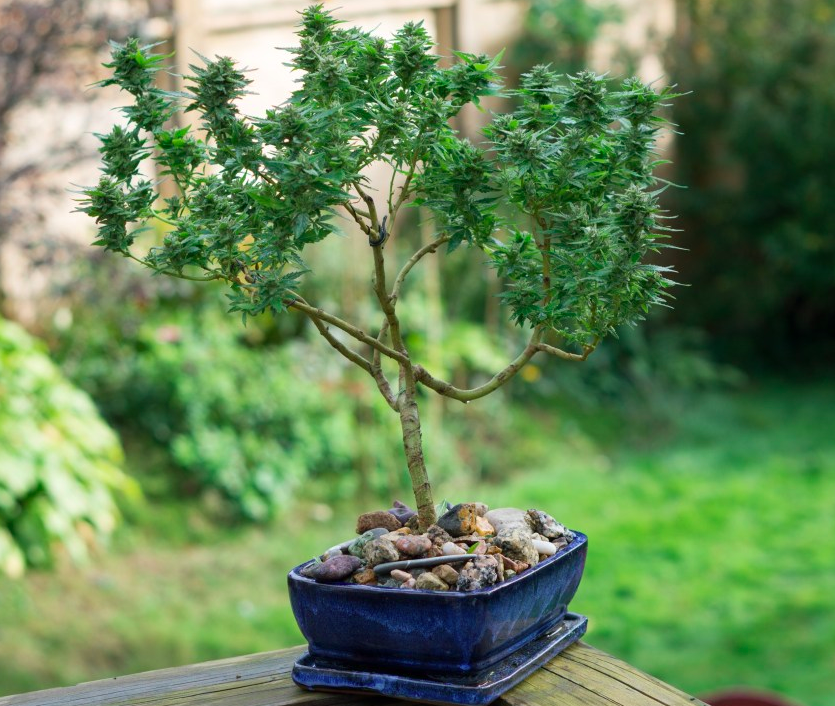
Photo Credit by: bing.com / bonsai weed plant lonsdaleave onlyfans gurning society
Cool Cannabis Bonsai Guide | Pink Wool

Photo Credit by: bing.com / bonsai cannabis tree
How To Grow Your Own Cannabis Bonsai Tree
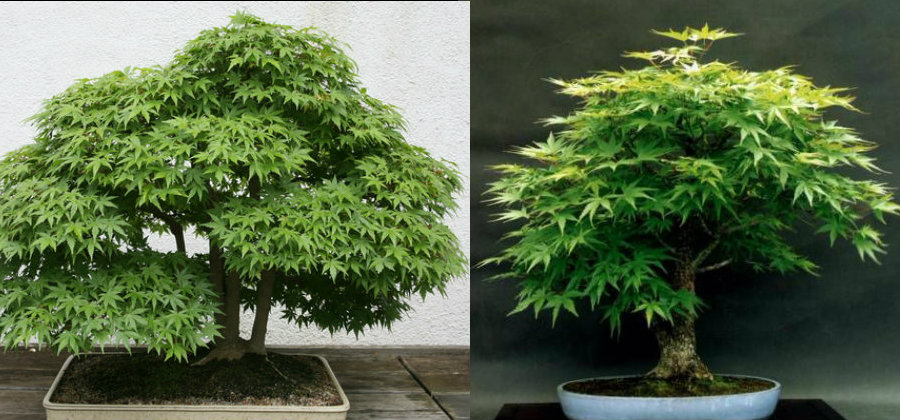
Photo Credit by: bing.com / bonsai cannabis tree grow marijuana ganja own cultivate ways creative make
How To Grow A Marijuana Bonsai - RQS Blog

Photo Credit by: bing.com / bonsai marijuana weed grow growing cannabis need start trees royalqueenseeds


